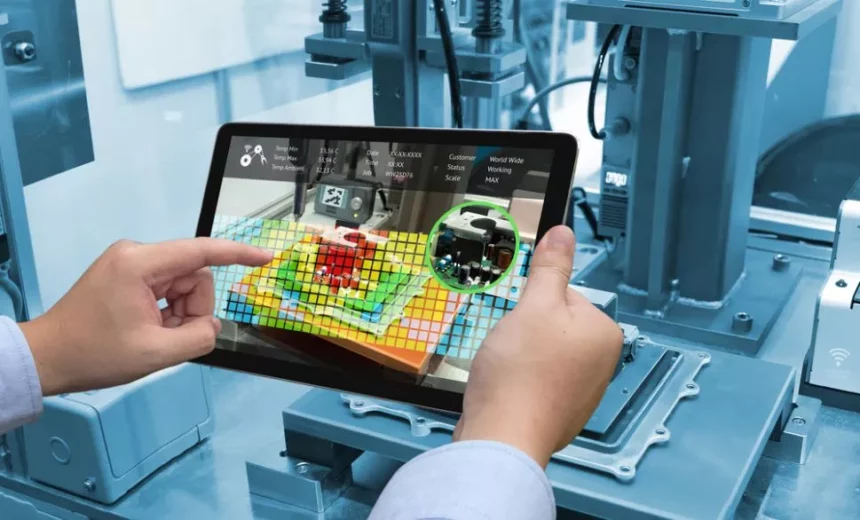Table of Contents
ToggleWhat is Industry 4.0?
There’s no question that technology is playing a huge part in our everyday lives today, but the increasingly connected culture we live in is also having an impact on the world of industry.
Welcome to Industry 4.0, the name given to the growing combination of traditional manufacturing and industrial platforms and practices with the latest smart technology.
This primarily focuses on the use of large-scale M2M and Internet of Things (IoT) deployments to provide the likes of increased automation, improved communication and monitoring, as well as intelligent machines that can analyse and diagnose issues without the need for human intervention.
Industry 4.0 is already seeing factories become increasingly automated and self-monitoring as the machines within are given the ability to analyse and communicate with each other. This then free ups their human co-workers, granting companies much smoother processes that leave employees open for different tasks.
Why Industry 4.0? What happened to Industry 2.0 and 3.0?
Industry 4.0 is neither a new form of technology, nor a business ideal, but in fact, a revamped approach inspired by new advancements to achieve results that weren’t possible 10 years ago.
It has also been labelled as “the fourth industrial revolution” – but what exactly does that mean?
The first industrial revolution saw Britain move from farming to factory production in the 19th Century. The second spanned the period from the 1850s to World War I and began with the introduction of steel, culminating in the early electrification of factories and the first spouts of mass production. Finally, the third industrial revolution refers to the change from analogue, mechanical, and electronic technology to digital technology from the late 1950s to the late 1970s.
The fourth, then, is the move towards digitisation. Industry 4.0 uses the Internet of Things and cyber-physical systems such as sensors to collect vast amounts of data that can be used by manufacturers and producers to analyse and improve their work.
Recent advancements in big data and analytics platforms mean that systems can trawl through huge sets of data and produce insights that can be acted upon quickly.
Smart factories, which will be at the heart of Industry 4.0, will take on board information and communication technology for an evolution in the supply chain and production line that brings a much higher level of both automation and digitisation. It means machines using self-optimisation, self-configuration and even artificial intelligence to complete complex tasks in order to deliver vastly superior cost efficiencies and better quality goods or services.
For more such content, keep reading @techinnews



